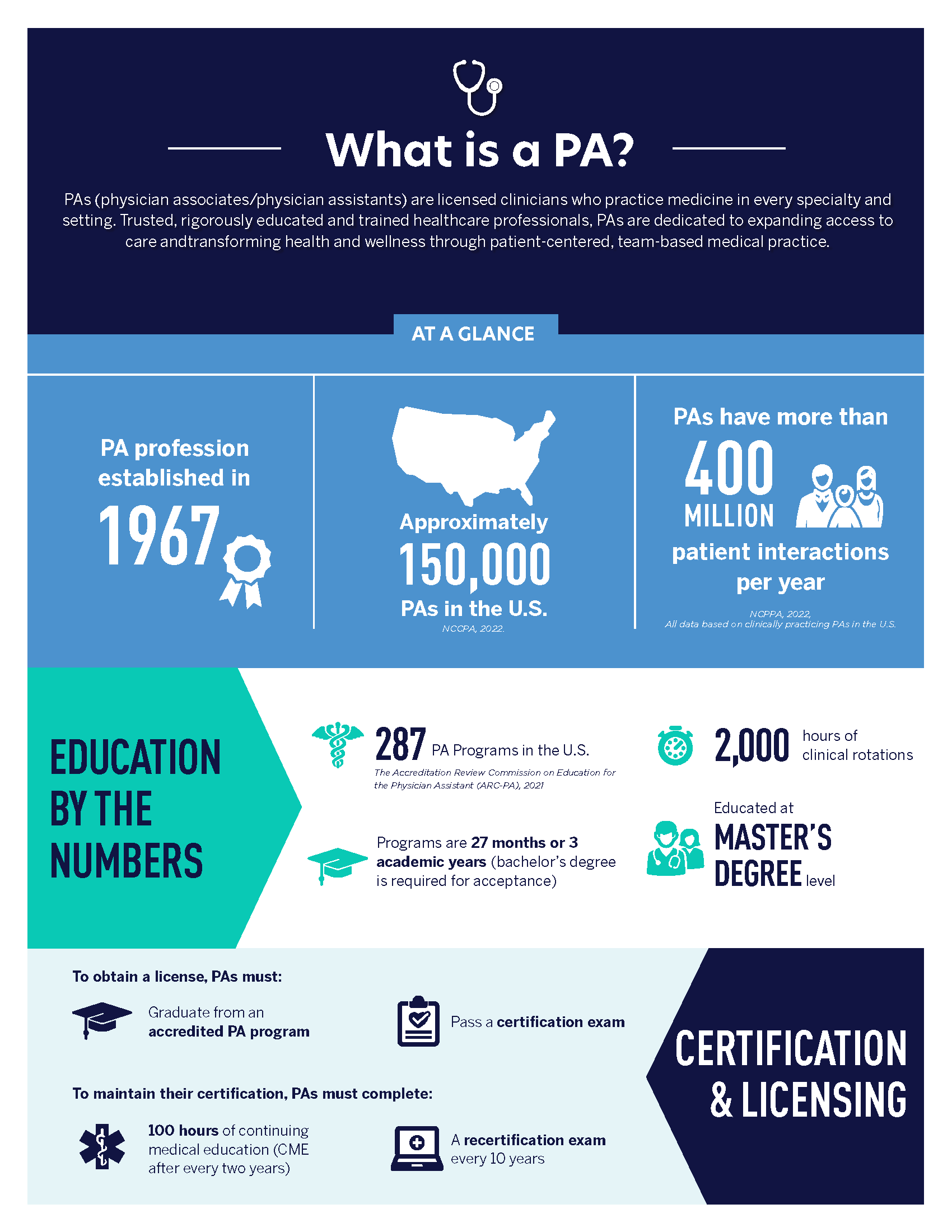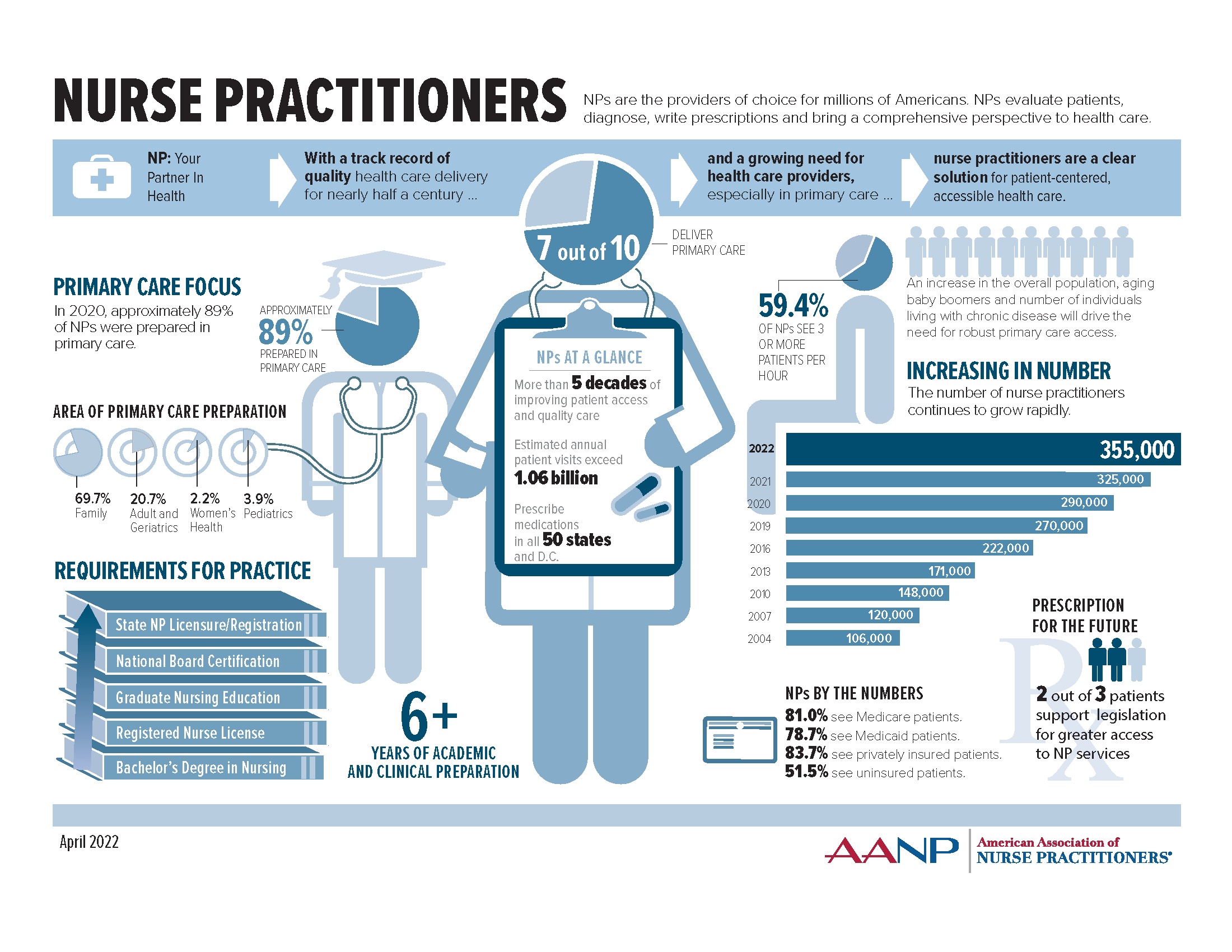KVH has assembled a team of Physicians, Physician Assistants and Nurse Practitioners to provide healthcare services to our community.
Physician Assistants (PA)
A Physician Assistant (PA) is a healthcare professional licensed to practice medicine with supervision by a licensed physician. PAs focus on the prevention and treatment of human illness and injury by providing a broad range of health care services that physicians traditionally perform. PAs perform physical exams, diagnose and treat illnesses, order and interpret labs, imaging, and other diagnostic tests, counsel patients about wellness and preventive health care, assist in surgery, and prescribe medications.
Physician Assistants exercise autonomy in medical decision making as determined by their supervising physician. Like Medical Doctors (MDs), PAs are educated in the medical model designed to complement physician training. PAs are not confused with medical assistants, who perform administrative and simple clinical tasks with limited college-level education in hospitals and clinics under the direct supervision of physicians, registered nurses, nurse practitioners, or physician assistants.
Scope of Practice
PAs are medical professionals. They obtain medical histories, perform examinations and procedures, order treatments, diagnose illnesses, prescribe medication, interpret diagnostic tests, refer patients to specialists when necessary, and first-assist in surgery. PAs treat both acute and chronic illnesses. PAs are employed in primary care or specialties in urban and rural regions and academic administration. PAs may practice in any medical or surgical specialty and have the ability to move within and between different medical and surgical fields during their careers.
For more information on Physician Assistants, visit www.aapa.org.
Nurse Practitioners (NP & ARNP)
A Nurse Practitioner (NP) is an advanced trained registered nurse who has completed graduate-level education and certification in a specialty area of clinical practice. NPs provide a broad range of health care services, from preventive to critical care within their specialty area. Areas of specialty practice for NPs include Adult, Pediatric, Geriatric, Family, Acute, School, Family Mental Health, Adult Mental Health, and Diabetes Management. NPs may hold additional certifications in midwifery, anesthesia, and surgical first assist. NPs conduct physical exams, diagnose and treat illness, order and interpret tests, counsel on preventive health care, and write prescriptions.
NPs exercise autonomy in medical decision making as determined by individual state boards of nursing and in conjunction with their collaborating or supervising physician. NPs are educated in the nursing tradition to focus on both cure and care.
Scope of Practice
As medical professionals, NPs practice in various settings, including a physician or nurse practitioner run primary or specialty clinics, hospitals, long-term care facilities, schools, and colleges. NPs obtain medical histories, perform physical examinations and procedures, order and interpret labs, imaging, and other diagnostic tests, and prescribe treatments. NPs manage chronic disease, treat acute illnesses and refer to and consult with specialists. Because NPs are trained within a specialty, they may require additional training to move among different medicine fields during their careers.
For more information, visit http://www.aanp.org/AANPCMS2
Source: https://www.pugetsound.edu/ Updated: 06.29.2022

